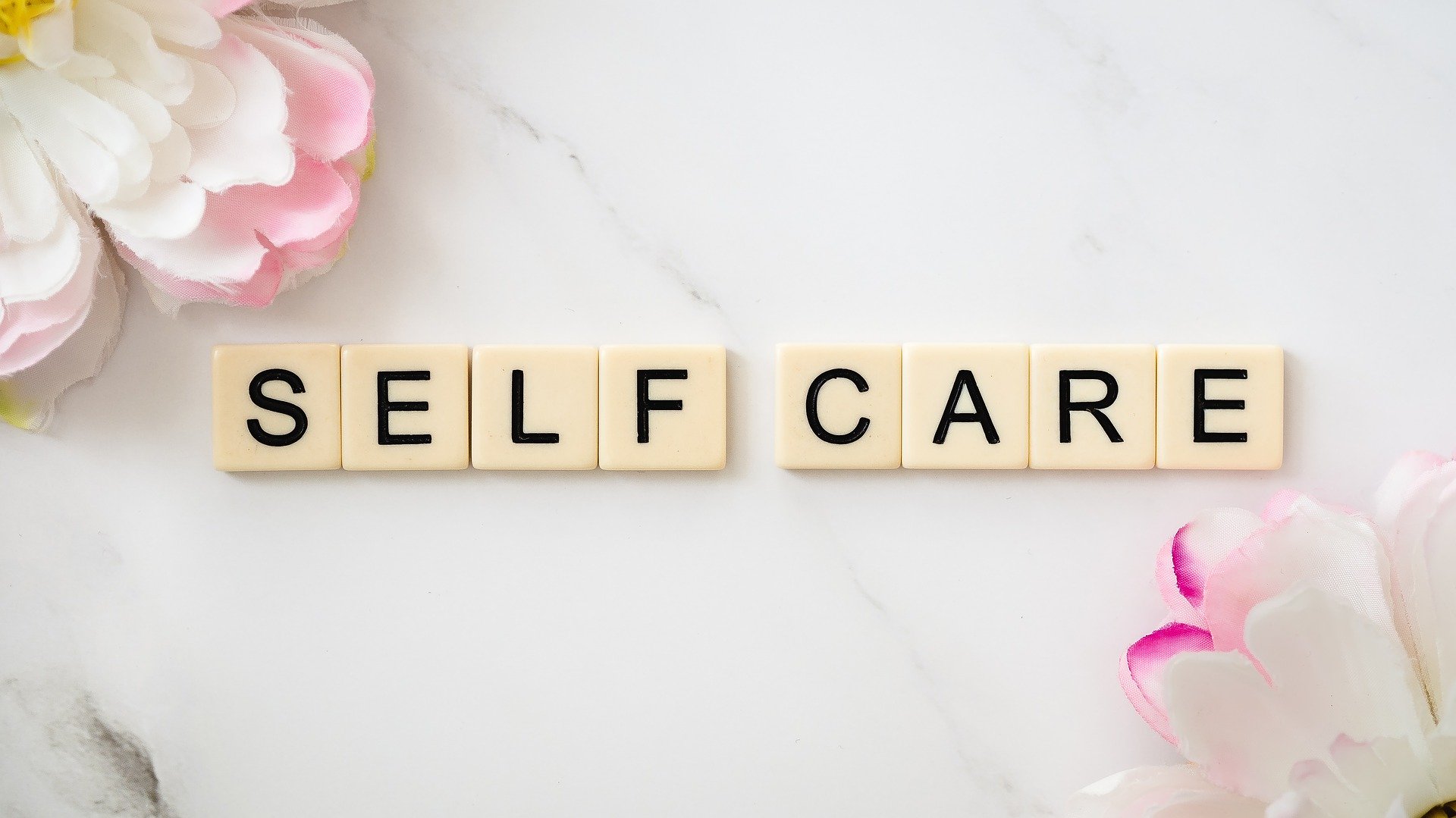Need A Boost? Start Self-Caring.
Okay, so here’s the deal on motivation…
If you lost your mojo, can’t get out of your own way, procrastinating, and just can’t get it together, and you’re not self-caring at this point, don’t expect motivation to come knocking at your door. The truth is, if you’re not self-caring, you’re not even in the game of motivation.
Lack of motivation is usually due to fatigue and stress. So we know to combat this we must self-care. Now, self-care is not just about taking bubble baths…(lol) it’s much deeper than that. You can start with the regular rituals; meditation, exercise, diet and sleep – these will all help build and boost the immune system and therefore enhance Serotonin, Dopamine, etc., levels in your brain.
Also, eating too much junk food and abusing alcohol and drugs will mess with your brain of course, so that will affect your motivation. What you need to understand is that motivation is neurobiological as well.
Now, another big thing is to make sure your environment is conducive to wellness. That means, less is more. Your living space and work space should be neat and tidy and organized – no clutter. Studies prove that clutter messes with your brain – i.e., gives you clutter of the mind and causes stress and overwhelm, therefore, diminishes productivity.
Now, once you’re starting to get back into the game of motivation and you’re feeling much better – the key to productivity is to have your eye on the future – meaning, you have to have a goal. Hope for something to go after. Without this, you will just be surviving not thriving – and we don’t want that.
So you must begin with a Life Goal. Now that may seem contrary to what we’ve been told all these years – such as we need yearly, monthly, weekly, and daily first. After you devise your life goal, then you start working backwards toward the other goals. Without a life goal, you’re just skimming through life without a purpose and there’s no bigger productivity killer than that.
So there you have it. Remember, self-care is self-love. Start today – it’s never too late.


